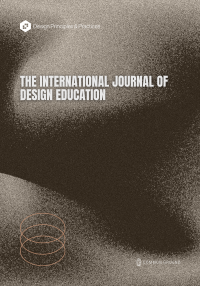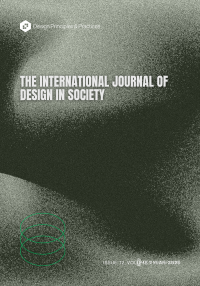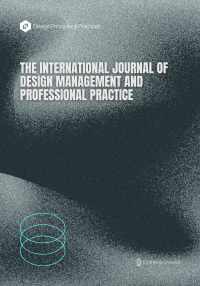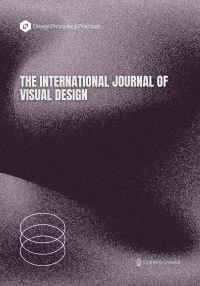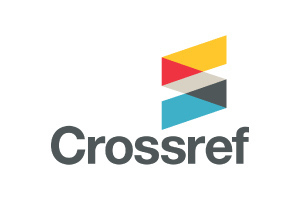Design Principles and Practices: An International Journal—Annual Review
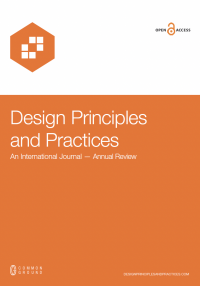
Design Principles and Practices: An International Journal—Annual Review serves as a comprehensive forum for cutting-edge research and scholarship that illuminate design’s significance in society. This annual publication features original works by invited contributors alongside top-ranked articles selected from the Network’s thematic journals. It provides a robust intellectual frame of reference, offering a holistic exploration of design’s evolving role—from its theoretical underpinnings to practical applications and emerging trends. Topics span critical issues such as sustainability, social impact, design thinking, and participatory processes. Through these diverse contributions, the journal fosters an interdisciplinary dialogue that transcends traditional professional boundaries and highlights design’s capacity to shape cultures, industries, and communities. As a resource for academics, practitioners, and students alike, Design Principles and Practices: An International Journal—Annual Review catalyzes new insights, challenges conventional assumptions, and charts dynamic paths for the future of design.
Design Principles and Practices: An International Journal—Annual Review is a Gold Open Access journal. We offer various pathways to make your research accessible and make accessibility affordable. Please see our Open Access Statement and Journal Author Rights & Permissions support page for more information.

